Walt Whitman’s “When I Heard the Learn’d Astronomer” is a powerful exploration of the dichotomy between scientific knowledge and personal experience. Penned during a time of great upheaval—the American Civil War—the poem explores how analytical understanding can sometimes overshadow the inherent beauty and mystery of the universe. It suggests that true knowledge isn’t confined to facts and figures, but also encompasses the emotional and spiritual connection we forge with the world around us. This article delves into the poem’s meaning, its enduring relevance, and its subtle critique of purely intellectual pursuits. Discover the captivating story of Venus, Cupid, Folly, and Time and explore the enigmatic world of Abon bridges.
Experiencing Wonder: Beyond the Lecture Hall
Have you ever felt overwhelmed by information, losing sight of the bigger picture? This is the central question posed by “When I Heard the Learn’d Astronomer.” The poem contrasts the sterile environment of a lecture hall with the awe-inspiring expanse of the night sky. Inside, the astronomer, armed with “charts and diagrams,” presents a data-driven view of the cosmos. The speaker, however, finds himself growing restless and “tired and sick” of this analytical approach. He yearns for something more than just facts and figures. He seeks a connection, an emotional resonance that the astronomer’s presentation fails to provide. This probably suggests that while scientific data is valuable, it can sometimes fall short of capturing the true essence of beauty and wonder.
The speaker’s escape from the lecture hall and subsequent solitary walk under the “mystical moist night-air” marks a pivotal moment. Away from the quantifiable, he finds solace in the silence and vastness of the night. He looks up at the stars, not with a scientific eye, but with a sense of awe and wonder. This direct experience, this feeling of being a small part of something incredibly large, is what truly resonates with him. This likely represents the poem’s core message: true understanding often comes not from dissecting and analyzing, but from simply being present and allowing oneself to feel.
Two Worlds: Science vs. Experience
The poem doesn’t necessarily condemn scientific inquiry. Instead, it presents two distinct ways of knowing the universe: the scientific and the experiential. The astronomer embodies the former, relying on “proofs” and “figures” to explain the cosmos. The speaker, on the other hand, represents the latter, seeking a direct, emotional connection with the natural world. This duality is at the heart of the poem’s tension. It suggests that while science provides a framework for understanding, personal experience adds a layer of meaning that transcends intellectual analysis. Some experts believe Whitman is advocating for a balance between these two perspectives, suggesting that a complete understanding requires both knowledge and feeling.
This contrast is further emphasized by the poem’s structure and language. The initial stanzas describing the lecture hall feel confined and almost claustrophobic, mirroring the speaker’s emotional state. The language is precise and clinical, reflecting the astronomer’s analytical approach. However, as the speaker moves outdoors, the language becomes more fluid and evocative. The “mystical moist night-air” and the silent contemplation of the stars create a sense of liberation and wonder. This shift in tone and imagery reinforces the poem’s central message: that direct experience can be just as powerful, if not more so, than scientific knowledge.
“Learn’d” Astronomer: Irony and Critique
Whitman’s deliberate use of the phrase “learn’d astronomer” in the opening line is crucial to understanding the poem’s nuanced critique. The term “learn’d” implies acquired knowledge, yet the astronomer’s learning seems to create a barrier between him and the true essence of the cosmos. This irony highlights the limitations of purely intellectual pursuits. It suggests that while knowledge is important, it shouldn’t come at the expense of wonder and awe. Some scholars suggest that Whitman is not rejecting science altogether, but rather questioning the tendency to prioritize intellectual understanding over direct experience.
This interpretation aligns with the broader context of Whitman’s work and the Transcendentalist movement, which emphasized intuition, emotion, and the spiritual power of nature. “When I Heard the Learn’d Astronomer” serves as a gentle reminder that true knowledge encompasses both the head and the heart. It encourages us to step away from information overload, embrace silence and contemplation, and connect with the universe on a deeper, more personal level. Ongoing research into the history of scientific thought during Whitman’s time may further illuminate the nuances of his critique and its relevance to contemporary debates about science, spirituality, and the human experience.
| Approach | Description | Whitman’s Portrayal |
|---|---|---|
| Scientific | Analytical, data-driven, objective | “charts and diagrams,” tiring |
| Experiential | Sensory, emotional, subjective | “mystical moist night-air,” awe-inspiring |
| Perspective | Description |
|---|---|
| Learned Astronomer | Represents scientific understanding, using data and analysis to explain the universe. |
| Speaker | Represents intuitive experience, seeking a personal and emotional connection with nature. |
| Whitman’s Message | Suggests that a complete understanding of the universe requires both scientific knowledge and emotional connection. |
There’s still debate about the exact interpretation, but one thing is clear: Whitman’s poem reminds us that the world is full of wonder, and there’s more than one way to experience it. His message resonates even more strongly today, in our data-driven world, where we are constantly bombarded with information. It serves as a timeless reminder to look up at the stars, not just with our minds, but also with our hearts.
- Revolution Space: Disruptive Ion Propulsion Transforming Satellites - April 24, 2025
- Race Through Space: Fun Family Game for Kids - April 24, 2025
- Unlocking the Universe: reading about stars 6th grade Guide - April 24, 2025
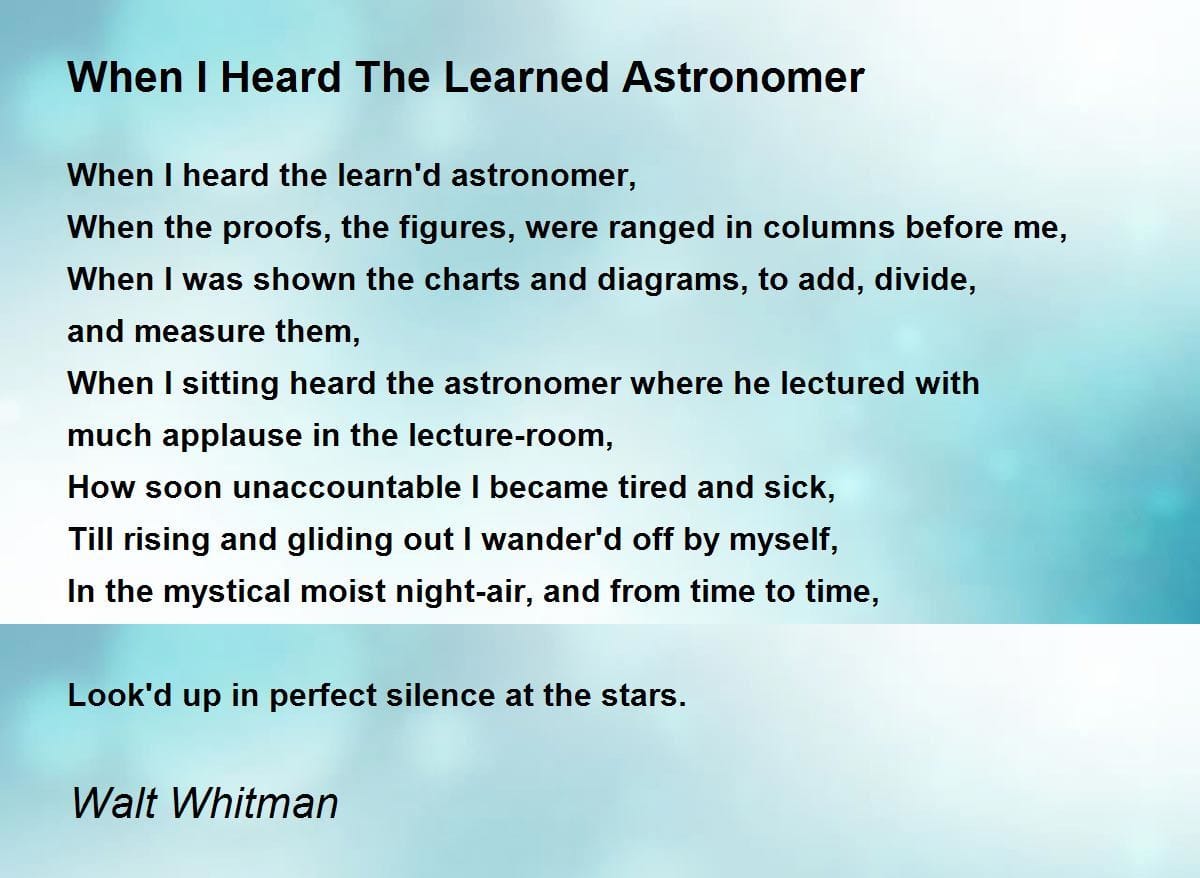


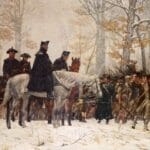

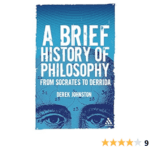

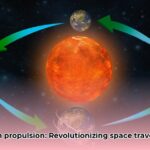
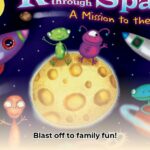
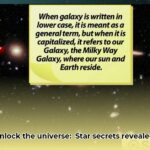







2 thoughts on “Walt Whitman’s When I Heard the Learn’d Astronomer: A Timeless Exploration of Wonder and Knowledge”
Comments are closed.